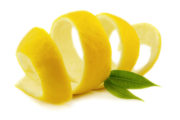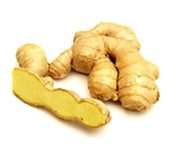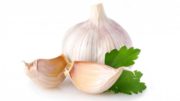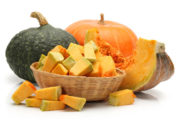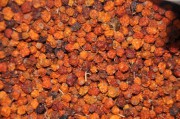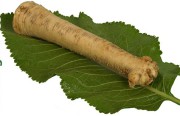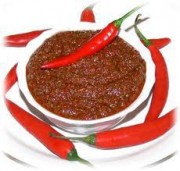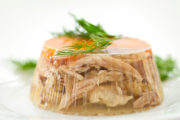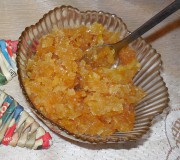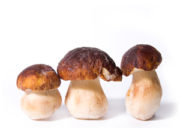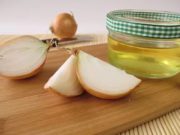How to dry citrus zest
Many recipes, especially desserts, call for the addition of citrus zest. The zest itself does not provide any special taste, and is used as a flavoring agent and as a decoration for dessert.
Let's immediately determine that the zest is the topmost layer of citrus peel, which is mainly yellow or orange in color. It is in this layer that the essential and aromatic oils of the fruit are stored. The white layer contains bitterness, so only the very thin and topmost layer of peel is used for zest.
How to cut citrus peels for zest
Thoroughly wash with hot water and a brush those fruits whose zest you want to preserve. The manufacturer often covers the fruits with a thin layer of wax, which protects them from rotting, and this is great, but you should not eat this wax.
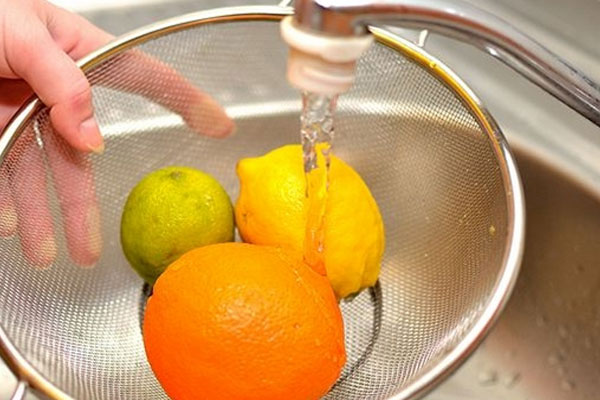
Dry the fruit with a towel, and armed with a sharp knife with a thin blade, begin to cut the skin in a spiral. Take your time and try to capture as little white layer as possible.
If you can’t do it with a knife, but you really like zest, buy a special knife for removing zest.
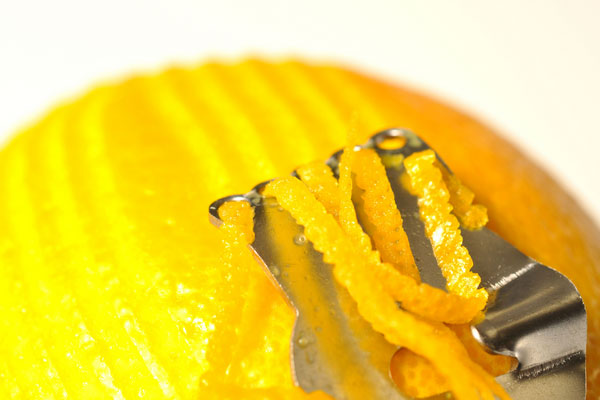
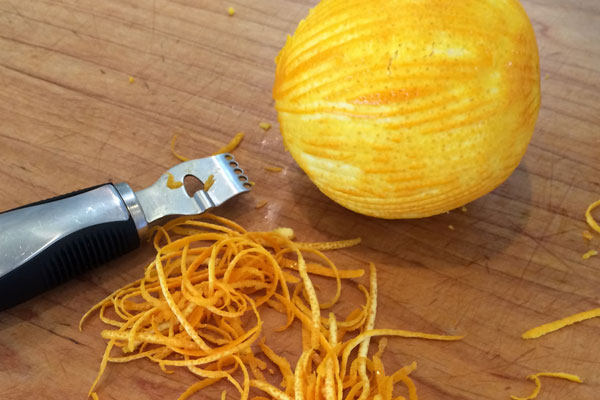
Some people grate the skin, but this method is not suitable for drying. In this case, these microscopic capsules with essential oils are destroyed and the aroma instantly evaporates. You can grate the zest, but only for use right now.
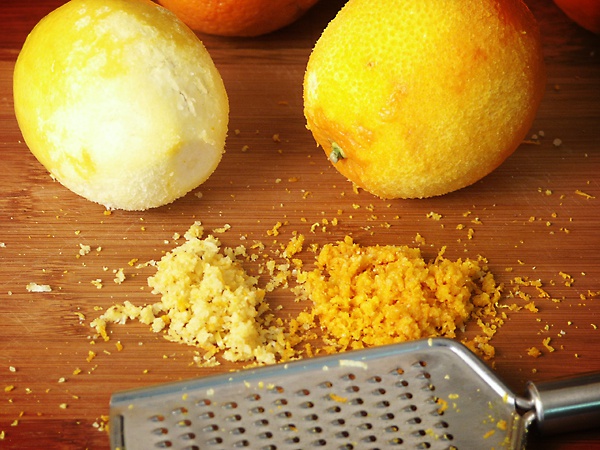
How to dry citrus zest
Place the sliced zest curls on a flat glass plate and leave it to dry on its own.
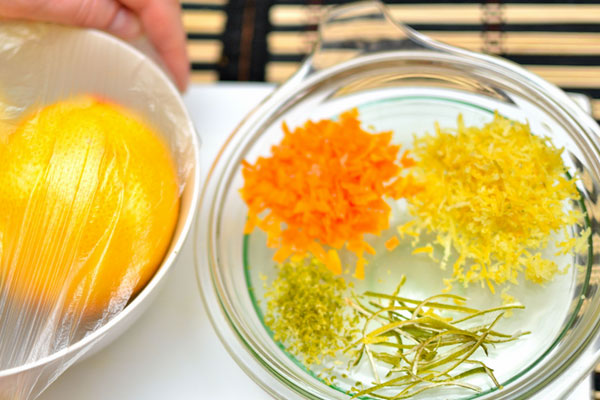
Turn the zest over from time to time to ensure even drying. The finished zest is brittle and very fragile. Try to break the strip with your fingers, and if it breaks, you can put it in jars with a lid. If the zest bends, then let it sit longer.
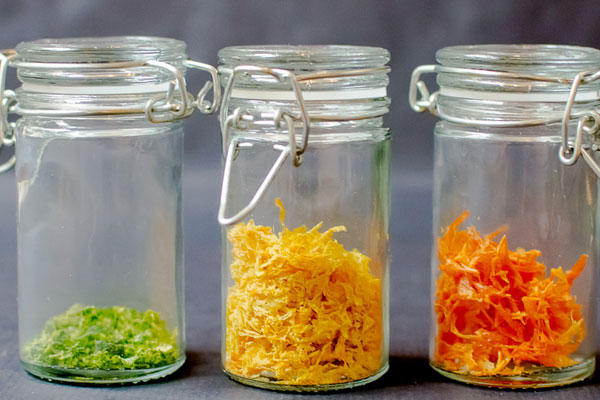
You can speed up the drying of the zest by using the oven. Line a baking tray with baking paper, spread the chopped zest in an even, not very thick layer, and set the oven temperature to 100 degrees. The oven door should be slightly open.
How to properly peel citrus fruits to obtain zest, watch the video:

